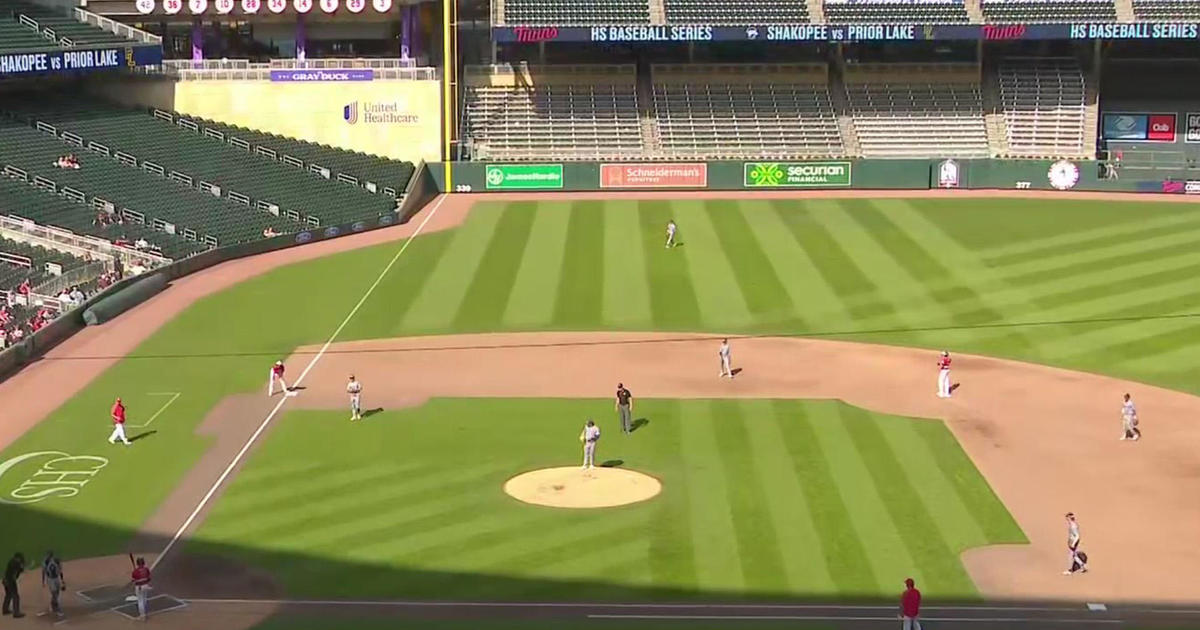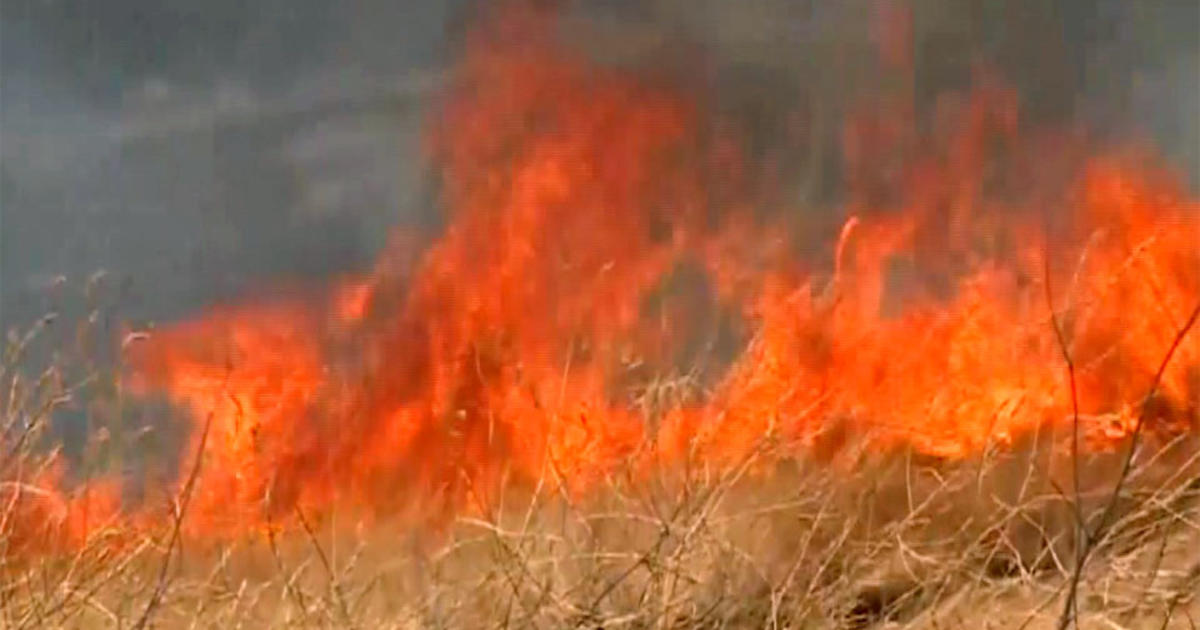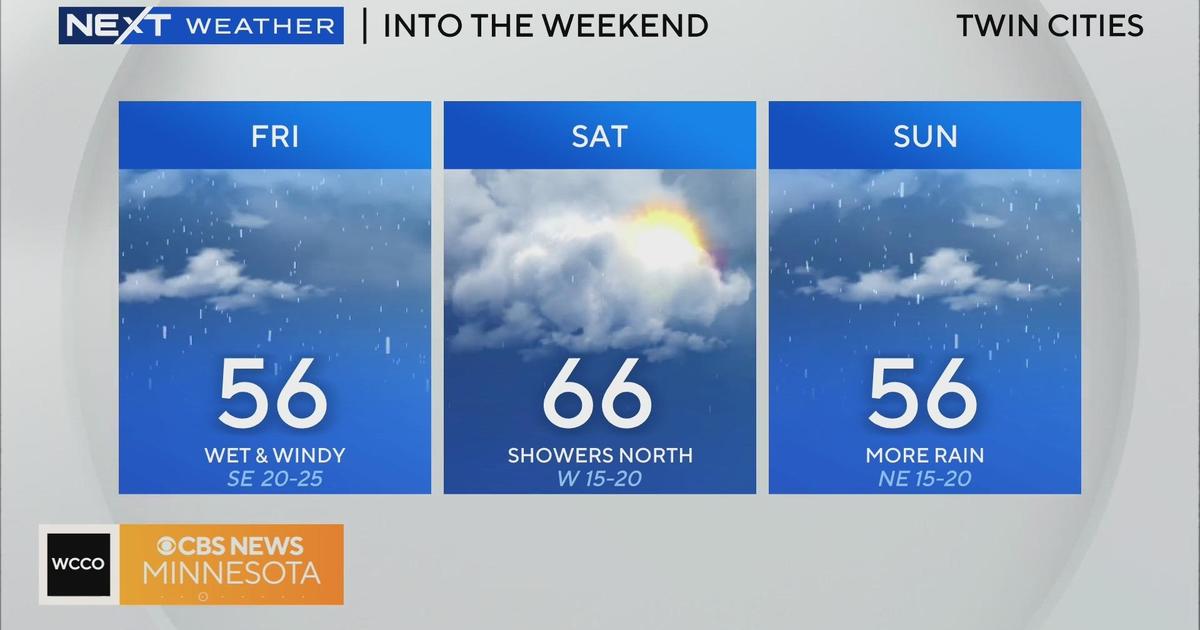How Common Are Minnesota Heat Waves?
MINNEAPOLIS (WCCO) -- The Twin Cities entered its fifth day of 90 degrees or more on Monday. Minnesotans know that's rare for this time of year, but what about the rest of the summer?
How common are Minnesota heat waves? Good Question.
The National Weather Service officially defines heat wave as "a period of abnormally and uncomfortably hot and unusually humid weather" that typically lasts two or more days.
In Minnesota, the local NWS office considers a heat wave three days above 90 degrees.
"It's kind of in the eye of the beholder," says Dr. Kenny Blumenthal, a senior climatologist with the Minnesota Department of Natural Resources. "Because what we think of a heat wave here in Minnesota would be laughable in Texas or Louisiana."
According to the state Climatology office, a two-day stretch of 90-degree-plus temperatures has happened only 23 times during the month of May in the last 145 years.
The Twin Cities generally only gets a three-day stretch of 90-degree-plus days once or twice a summer.
"You're going to have some summers where you have longer runs of those high temperatures or more of those 5-day runs," says Blumenthal. "You also have some summers where don't string three days in a row together."
The Twin Cities area averages 13 days of 90-degrees or above each year. In 2014, there were only two. In the record-setting hot year of 1988, there were 44 days.
Blumenthal says Minnesota doesn't have more 90-degree days than it did decades ago.
"We don't, it's getting warmer, there's no doubt about it's getting warmer," he says. "But, it's not getting hotter."
He says temperatures are increasing in the winter and at nighttime, but the hottest temperatures across the state aren't going higher than in the past. But, Blumenthal says scientific models show more 90-degree-plus days could be in Minnesota's future.
"Winter will have warmed so much that we're going to start spring and summer at a warmer baseline," he says. "So when we add in a typical amount of summertime heat but from a warmer starting condition, it's going to be a lot easier to hit 90 or 95."



